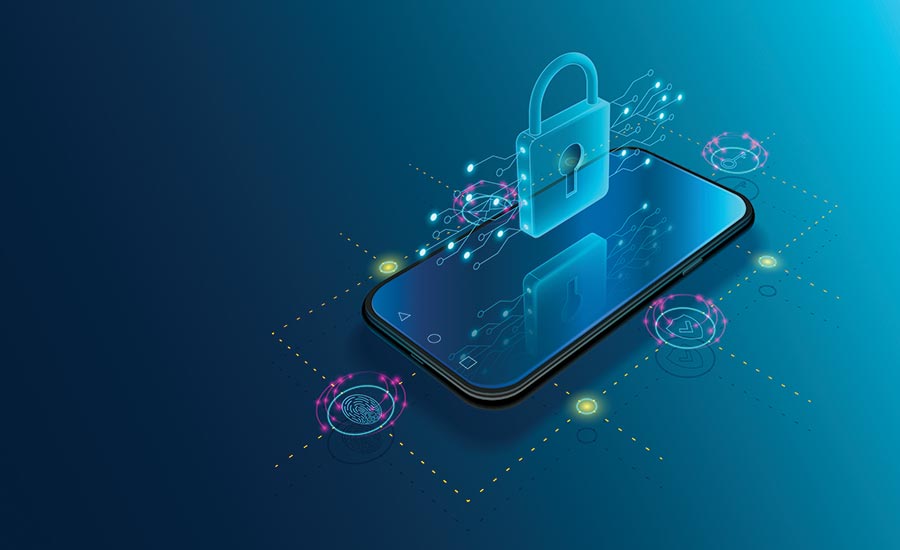Smartphones have become an essential part of our daily lives. We use them for communication, browsing, banking, and storing important personal data. As we become more reliant on our smartphones, the need to keep our personal data secure becomes increasingly critical. Here are some tips to ensure that your smartphone security is at its best.
Update your software regularly
One of the most important things you can do to protect your smartphone is to keep the operating system updated. Software updates often include security patches that fix vulnerabilities that cybercriminals could exploit. Therefore, always ensure that your smartphone is running the latest version of the software.
Use strong passwords and biometric authentication
Passwords are the first line of defense against unauthorized access to your smartphone. Use a strong, unique password that only you know, and don’t share it with anyone else. Additionally, some smartphones now have biometric authentication features such as facial recognition, fingerprint recognition, or iris scanning. These features add an extra layer of protection to your smartphone and make it more difficult for someone to access your data.
Limit the amount of data shared online
Sharing personal data online increases your exposure to cybercriminals who could use it to commit fraud or identity theft. Therefore, avoid sharing sensitive information such as your social security number or banking information online. Also, be careful when installing new apps; some of them may collect and share your personal information without your knowledge.
Use a Virtual Private Network (VPN)
A virtual private network (VPN) encrypts your internet connection, making it harder for hackers to access your data. It’s especially important to use a VPN when using public Wi-Fi because these networks are often unsecured, and hackers can easily intercept your data.
Enable remote wipe and backup
In case your smartphone gets lost or stolen, enabling remote wipe and backup can keep your data safe. Remote wipe allows you to erase all the data on your phone remotely, ensuring that cybercriminals can’t get their hands on it. Backup, on the other hand, stores your data in the cloud, ensuring that you can easily recover any lost information.
In conclusion, protecting your smartphone is crucial as it stores all your personal information. With these tips, you can ensure that your personal data is safe and secure, giving you peace of mind. By regularly updating your software, using strong passwords and biometric authentication, limiting the amount of data you share online, using a VPN, and enabling remote wipe and backup, you can make sure that your smartphone stays out of harm’s way. Stay secure!




